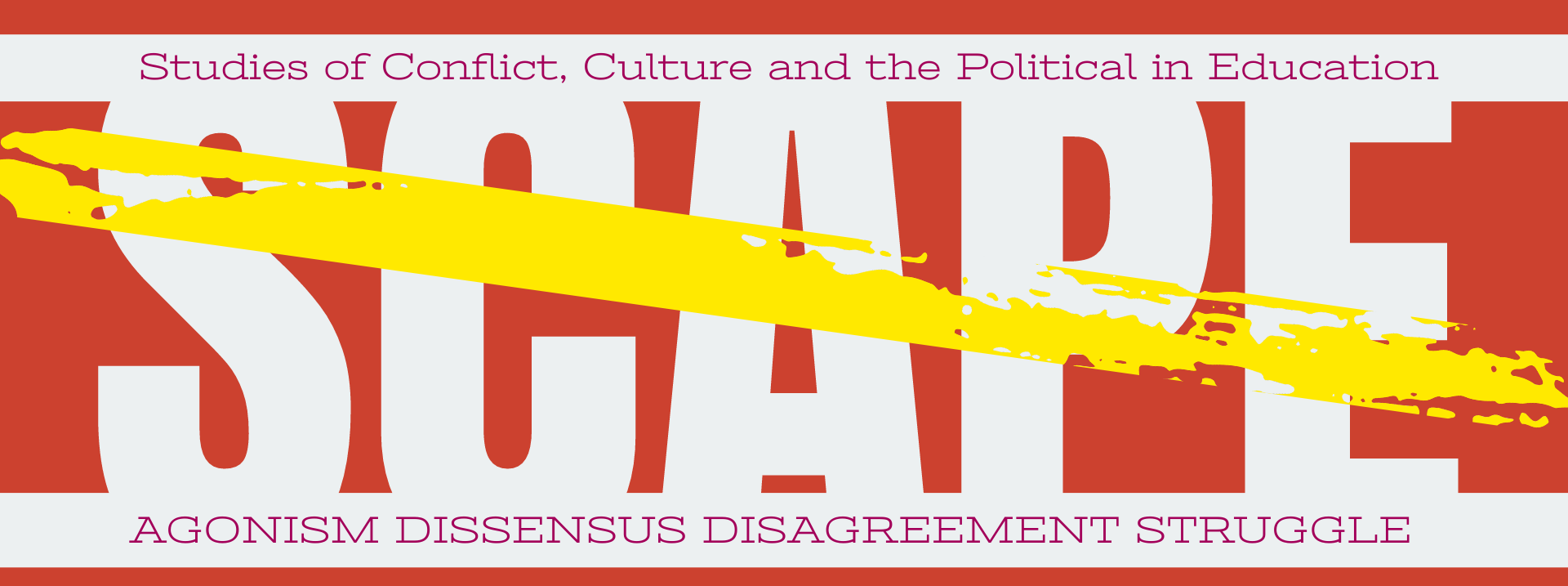The international research group “Studies of Conflict, Culture and the Political in Education” (SCAPE) was inaugurated in Sweden in May 2008. The research group brings together educational scholars who share an interest in the constitutive role of difference and disagreement in a vibrant political sphere.
Much has been written about the relation between democracy and education. One of the tasks of schools has traditionally been to educate citizens, people who are both committed to and capable of participating in democracy. For this reason, leading scholars such as John Dewey have asked questions about the democratic or undemocratic nature of schooling practices themselves. At the same time, democratic politics is where some core decisions about the role and functioning of schools are made, and disagreements in society at large often carry over into conflicts in educational contexts.
There are, however, different views about how “democracy” and “politics” themselves should be understood, especially in the context of education. Broadly speaking, there are two approaches. The first and currently dominant approach might be called deliberative, and emphasizes the importance of rational dialogue and deliberation, leading to democratic agreement. Leading theorists who have influenced this tradition include John Rawls, Amy Gutmann, and Jürgen Habermas. In education, the corollary of this approach is to focus on students’ communicative capacities. The second approach might be called agonistic, and emphasizes the importance of dissent and disagreement in the vitality of a democratic public sphere, and the centrality of struggles over power at the heart of politics. Leading theorists who do work in this tradition include Chantal Mouffe, Ernesto Laclau and Jacques Rancière. Other theorists do not fit squarely into the deliberative or agonistic approach, as they continue to work on the communicative aspects of democracy while emphasizing that political struggle is always bound up with the power relations in society. Theorists whose work might be characterized in this way include Nancy Fraser and Seyla Benhabib.
The members of SCAPE share an interest in conceptions of democratic politics as involving disagreements and struggles over the power relations in society and attendant ethico-political values. They are concerned that the more deliberative approaches see conflict only as counter-productive to democratic dialogue, and even as indicative of communicative breakdown. Instead, the participants believe that some kinds of conflict are not only inevitable but, in fact, valuable for and constitutive of democracy itself.
